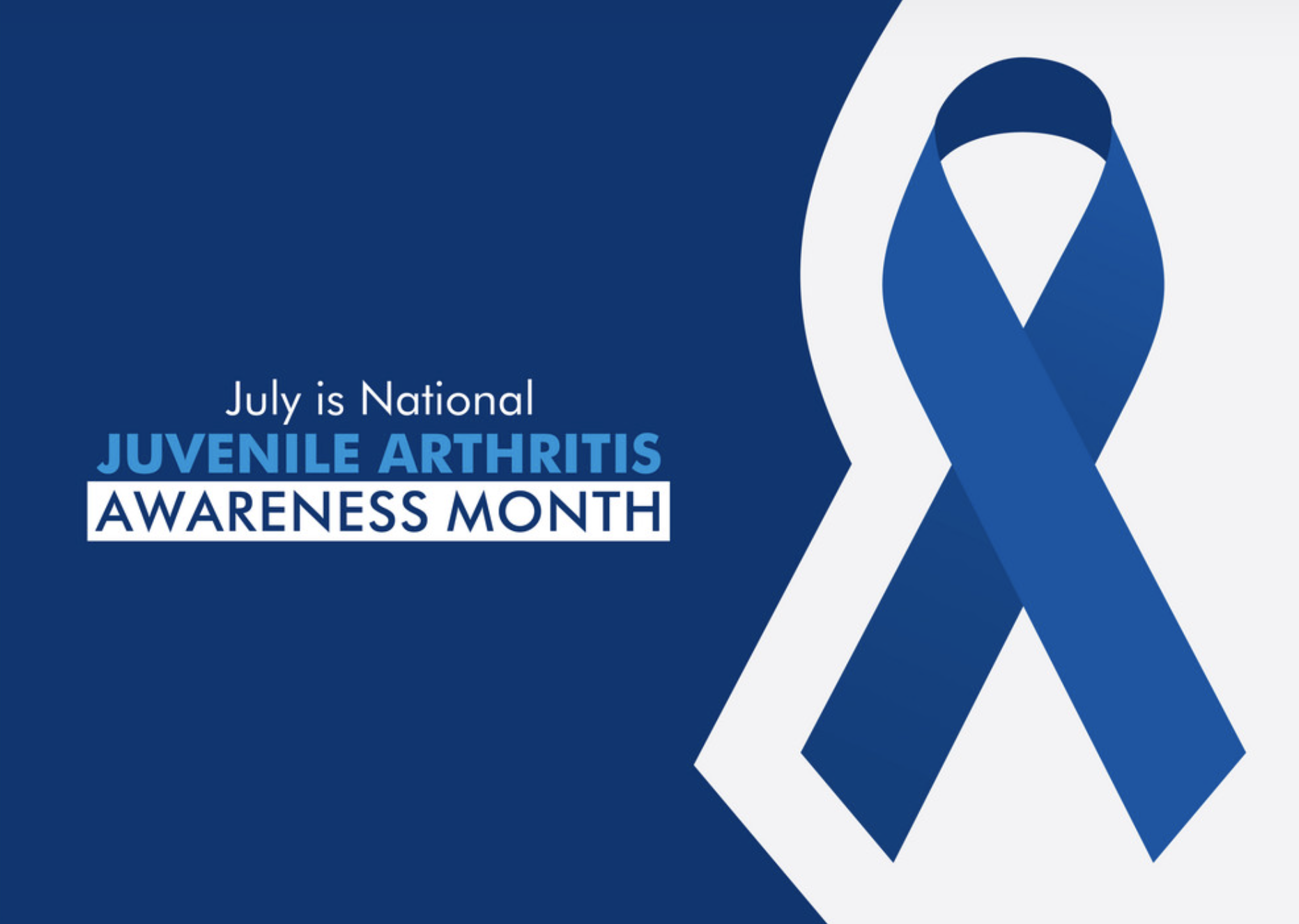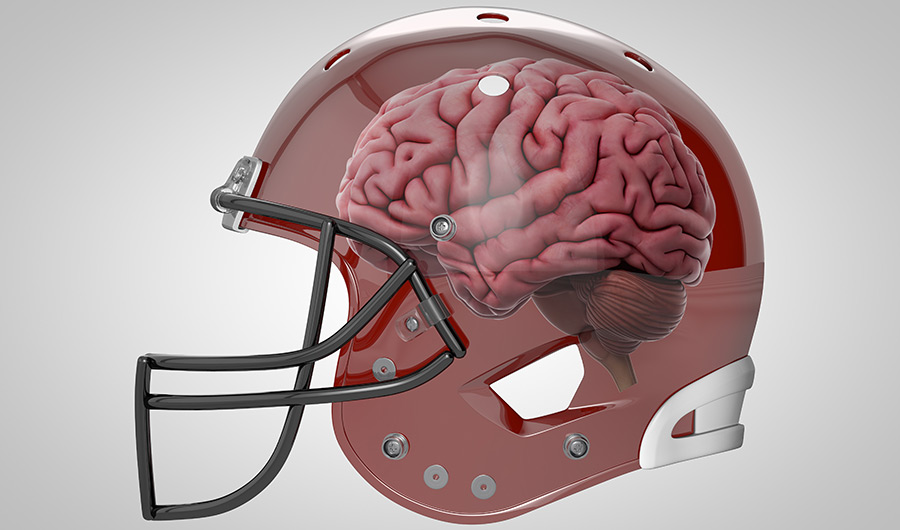
Juvenile Arthritis Awareness Month 2021
July is Juvenile Arthritis Awareness Month which brings attention to the nearly 300,000 children who have been diagnosed with juvenile arthritis. Many children who develop this autoimmune disease are misdiagnosed or receive a delayed diagnosis due to the misconception that children are unable to get arthritis, as well as the sporadic symptoms or occasional periods of time without and symptoms. Children under 18 do not have fully formed immune systems so any delay in receiving a diagnosis and treatment can be especially harmful, especially in the case of juvenile arthritis.
There are multiple types of juvenile arthritis including systematic onset JIA (Still’s Disease), oligoarticular JIA (which affects less than 5 joints), polyarticular JIA (which affects more than 5 joints), juvenile enthesitis-related arthritis, and juvenile psoriatic arthritis. Juvenile enthesitis-related arthritis accounts for 15% of all children diagnosed and symptoms include swelling of the ligaments and connective tissue. Juvenile psoriatic arthritis is less common with a diagnosis rate around 1% of all children who are diagnosed with juvenile arthritis. Psoriatic arthritis includes symptoms that are common in psoriasis which include a severe rash being present on multiple areas of the body.
All types of juvenile arthritis can begin to present in children as young as 6 months. The common symptoms that are present in the disease can include:
- stiffness in joints,
- swelling of joints,
- joint pain,
- hot or warm skin around joints,
- fever,
- inflammation of the eyes,
- lack of appetite,
- and fatigue.


